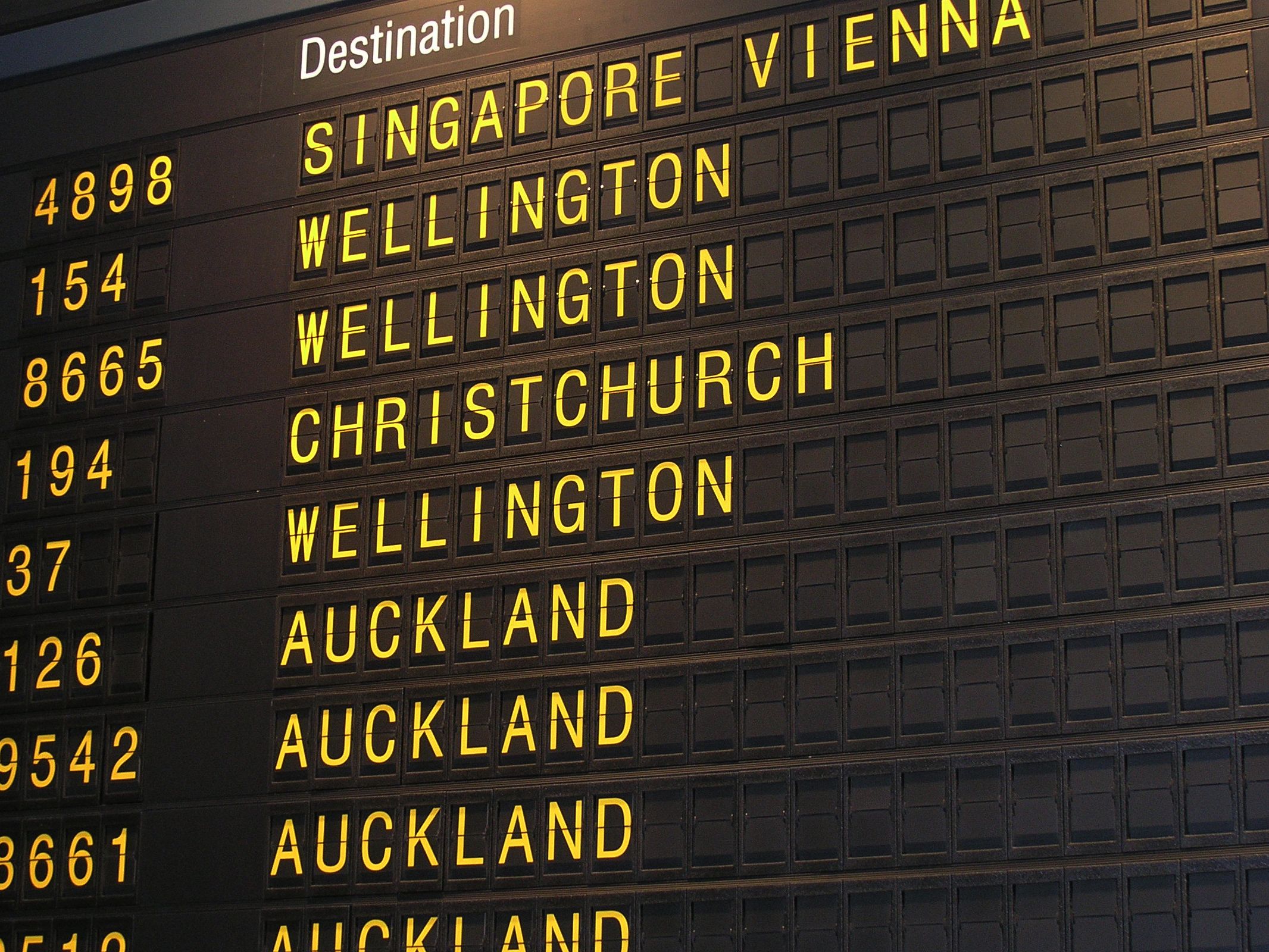
New Zealand has become the first country in the world to introduce a fine for travelers who refuse to hand over PIN codes or passwords for their electronic devices at the border.
The new law, coming into effect this week, means border control officials can confiscate devices from travelers and fine them up to $NZ5,000 ($3,200).
New Zealand Customs said the change was needed because most "prohibited material and documents are now stored electronically," CNN reported.
But the New Zealand Council for Civil Liberties (CCL) said the law was a "grave invasion" of the device owner's personal privacy and that of the people they have communicated with.
The group's chairman, Thomas Beagle, said in a statement: "Modern smartphones contain a large amount of highly sensitive private information including emails, letters, medical records, personal photos, and very personal photos."
Customs officers in many countries search travelers' devices, but New Zealand is the first country to introduce a fine for those who do not hand over passwords and PINs.
"The reality of this law is that it gives Customs the power to take and force the unlock of people's smartphones without justification or appeal and this is exactly what Customs has always wanted," Beagle added.
New Zealand Customs had originally demanded to perform device searches without restrictions, but lawmakers required that they have "reasonable cause."
But the CCL said the law would hit innocent travelers more because any professional criminal could easily store their data on the internet, travel with a wiped phone, and restore it once they enter the country.
"Any criminal who fails to do this would surely pay [a $3,200] fine rather than reveal evidence relating to crimes that might involve jail time."
New Zealand Customs said of the 14 million travelers risk assessed and processed in 2017, "only 537 devices were examined."
New Zealand privacy commissioner John Edwards said he was "pretty comfortable" with where the law stood.
"There's a good balance between ensuring that our borders are protected ... and [that people] are not subject to unreasonable search of their devices."
"You know when you come into the country that you can be asked to open your suitcase and that a Customs officer can look at everything in there," Radio New Zealand reported.
Uncommon Knowledge
Newsweek is committed to challenging conventional wisdom and finding connections in the search for common ground.
Newsweek is committed to challenging conventional wisdom and finding connections in the search for common ground.
About the writer
Brendan Cole is a Newsweek Senior News Reporter based in London, UK. His focus is Russia and Ukraine, in particular ... Read more
To read how Newsweek uses AI as a newsroom tool, Click here.








